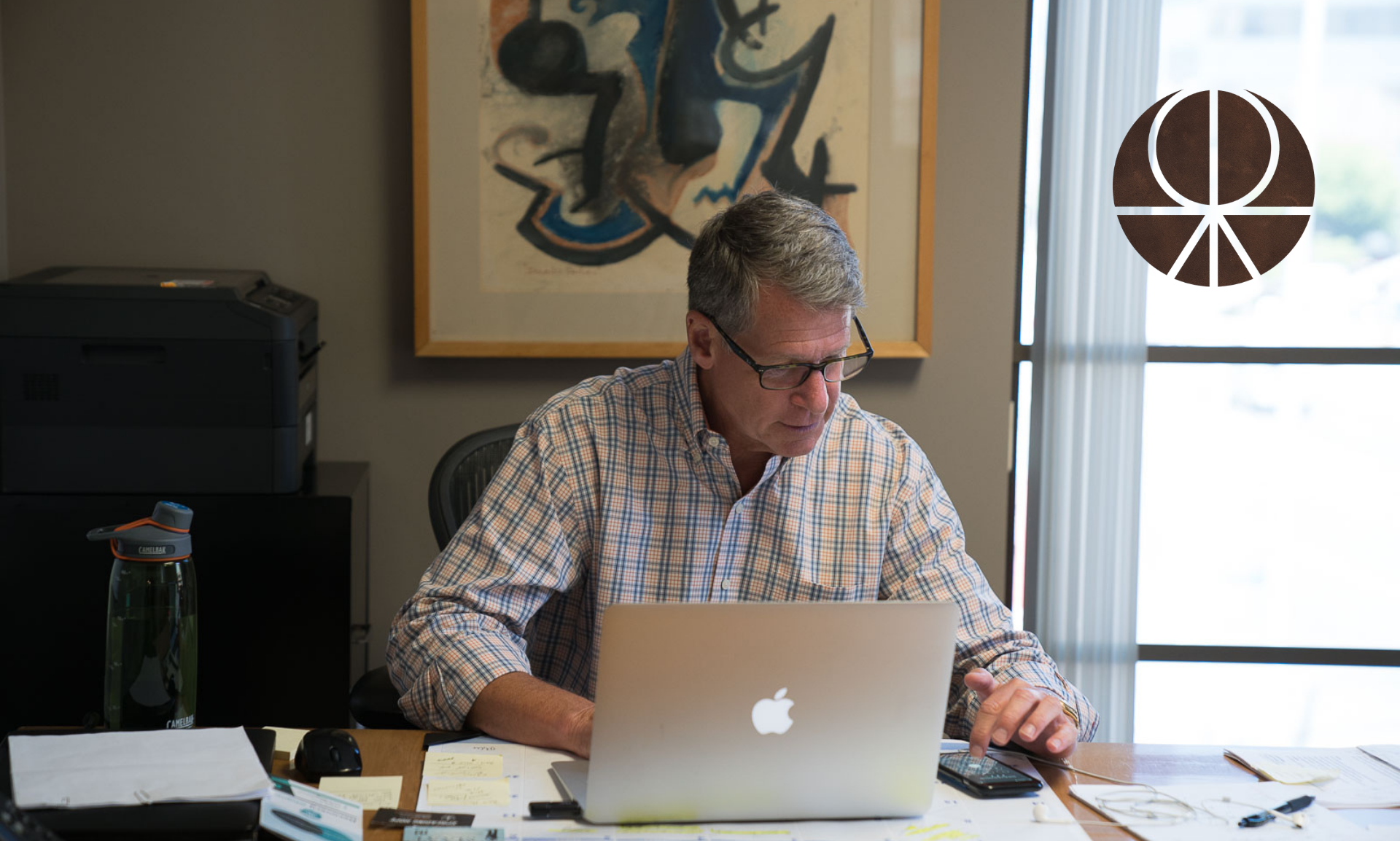Understanding the Higher Self
Whenever I talk about spirituality, it’s important not to confuse the map with the territory.
So when we’re using language to talk about spirituality–spirituality is not going to be captured by the language. The language is a map that allows one to begin to sort of navigate or get a foothold in the reality of spirit.
What is the Higher Self?
One term that’s used by my mentor, Rabbi Mordecai Finley, is he talks about the Higher Self. There are actually different levels to the Higher Self in his map–the schema he created. But, put simply, the Higher Self is the observer mind at one level. Observer mind is the rational part of the self that knows and seeks the Good. The Good is a philosophical term, it simply means that which is good.
There’s a part of me that knows and seeks the Good. I don’t always know exactly how to produce or behave well to get to the Good, but I know of the Good and I’m seeking it. We call that the Higher Self.
If there wasn’t a Higher Self, nobody would ever transform for the better. The act of transforming for the better is the act of tuning into the Higher Self and all the work that it takes to do that. So that you can begin to have clarity, think, feel, and behave in a way that’s aligned with your Higher Self.
Other religions and spiritual practices use a different nomenclature and language. They’ll talk about the part of you that’s living within God’s will, which to me, just talk about the Higher Self.
They’re saying, “Live in God’s will.” The part of you that knows what God’s will is, in that moment, that’s the Higher Self, right?
And Then…The Ego-Self
Then they’ll talk about your disease.
Your disease is kind of your lower self or what Rabbi Finley calls it–and what I call it–the ego-self. The part of you that is living for short-term gratification. The part of you that has a difficult time navigating complex relationships. The part of you that is skeptical and doubts the Good. The part of you that rationalizes in the negative sense. The part of you that’s more narcissistic, selfish, etc.
To put it simply, behaviors that don’t help you grow, learn, and change.
So in most traditions there is some schema that lays out something like the ego-self–the necessary part of the self for survival and to navigate every day–but is not good for the really important parts of life.
Coming to Terms with the Higher Self and Ego-Self
And when I’m calling the Higher Self, which is rational or at least meta-rational, more than rational and is connected to the good spirit, God, etc. That’s an important kind of schema.
For Christianity, it’s just the devil and the angel. I think it’s a bit more complex than that. And so understanding that Higher Self, one that you are/have a Higher Self that you can attune to. And also, you have an ego-self. It can be pretty destructive–in your life and the lives of others.
There are both darker and higher things in the schema that I think about when it comes to spirituality. But a good starting place is Higher Self and ego-self.
Schedule a 30-min consultation with Yeshaia
Schedule Free ConsultationSchedule Free Consultation
